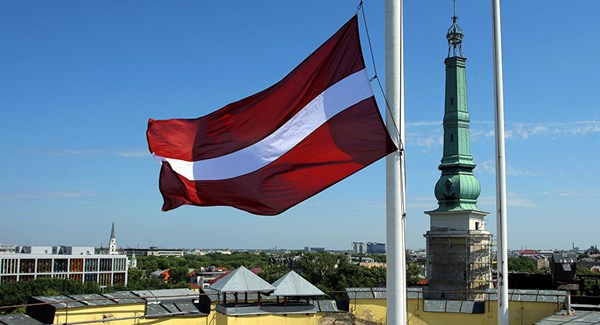Latvian Ministry of Foreign Affairs bans entry to 49 persons named in 'Magnitsky list'
The Latvian Ministry of Foreign Affairs has banned 49 persons named in the Magnitsky list from entering the country, as announced by Edgars Rinkēvičs, Latvian Minister for Foreign Affairs, on his Twitter feed.
"Pursuant [to the] resolution of [the] Saeima (Parliament of Latvia), and based on Immigration law, I have banned 49 individuals from entering the territory of the Republic of Latvia, sending [a] clear signal that rule of law and human rights matter," Rinkēvičs wrote.
In early February, the Latvian Saeima called on the Republic’s government to impose sanctions against the defendants in the "Magnitsky affair".
An analogue of the "Magnitsky Act" was adopted in Lithuania in November 2017 and entered into force on January 1, 2018. the Lithuanian authorities published. corresponding "Magnitsky list" in January that named 49 Russians, including Ramzan Kadyrov, Head of Chechen Republic; Alexander Bastrykin, Head of the Investigative Committee of Russia; and Oleg Logunov, former Deputy Head of the Investigative Committee under the Ministry of Internal Affairs.
The Russian Foreign Ministry has promised to respond to the release of the Lithuanian "Magnitsky List". The Foreign Ministry considers the document’s publication to be "another confirmation of the desire of Vilnius to prove its hostility towards Russia at any cost."
The "Magnitsky Act" is named after Sergei Magnitsky, an auditor from the British fund Hermitage Capital Management. He was arrested on charges of creating tax evasion schemes for the fund. Magnitsky died in the Matrosskaya Tishina detention center in 2009. The US adopted the "Magnitsky Act" in 2012 and imposed sanctions against Russians, who, according to Washington, were involved in the auditor’s death. Legislation comparable to the "Magnitsky Act" has also been adopted by the UK, Canada and the EU.
